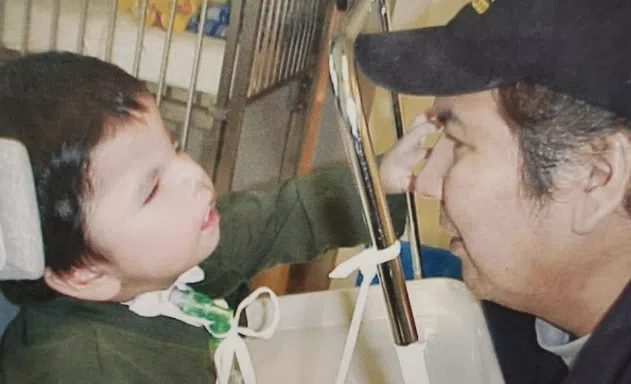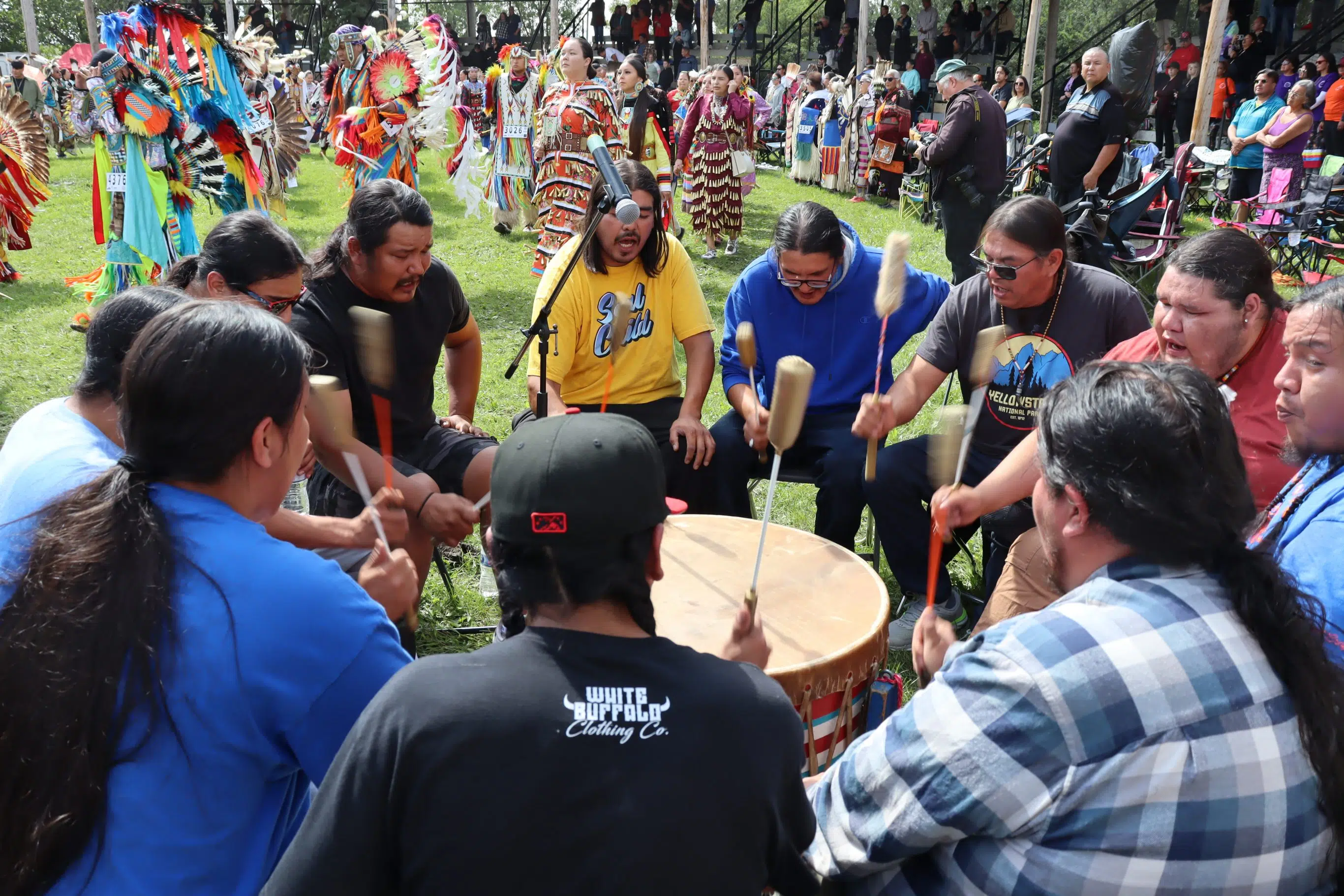
The father of Jordan River Anderson is calling on Canadians to demand a probe of Jordan’s Principle. Jordan's Principle Family / Facebook
Canada has announced sweeping changes to a program designed to ensure First Nations kids get the care and supports they need, when they need them.
That includes barring funding approvals under Jordan’s Principle for home renovations, sporting events, international travel, non-medical supports or school-related requests unless required to ensure equality with kids who are not First Nations.
The changes come almost a year after the federal government argued before the Canadian Human Rights Tribunal that requests were being made for a swath of non-urgent things including modelling headshots, gaming consoles, bicycles and a zip line kit.
The CHRT said last month it was “quite concerned” about that problem, while noting some seemingly unusual requests could be made for good reason, including a fridge used to keep medication cold for a child in Walpole Island.
Jordan’s Principle is named after Jordan River Anderson, a Manitoba boy with multiple disabilities who died in hospital waiting for the province and Ottawa to decide who should pay for health supports that would allow him to go home.
It stems from a human rights complaint filed by the Assembly of First Nations and the First Nations Family and Caring Society in 2007. They argued First Nations kids were being denied equal services to other children as a result of the constant jurisdictional disputes.
Those disagreements often stemmed from whether a child was living on-reserve or not, as the federal government is typically responsible for funding for on-reserve residents and provinces responsible for funding for those living off reserves.
Under Jordan’s Principle, families are to apply for and receive funding as its needed, with the provinces and federal government later sorting out jurisdictional battles over which is responsible for the bill.
In January, Jordan’s father, Ernest, condemned “abuse” of the program on social media, saying kids with urgent needs are seeing delays in accessing funds due to misuse.
Canada has similarly argued before the Canadian Human Rights Tribunal the scope of Jordan’s Principle has become too broad, and applicants are marking non-urgent requests as urgent, contributing to a backlog of 140,000 requests.
Indigenous Services Canada announced the changes to the program on Feb. 10 after reviewing its legal obligations. In a bulletin about the matter, the department said it is currently reviewing processes and policies at regional and national levels.
It also outlined changes to group requests, saying general administrative fees will no longer be covered.
Cindy Blackstock of the First Nations Child and Family Caring Society — who helped launch the initial human rights complaint that led to the creation of Jordan’s Principle — says Canada’s changes to the program aren’t evidence-based, and that it’s taking an approach that “feeds into colonial stereotypes.”
Blackstock has been arguing to the tribunal that Canada is shirking its legal obligations, and that the backlog in cases is a problem of its own making.
Blackstock said Canada has never provided supporting documentation for their claims of misuse, and that there is no evidence of how widespread the problem is.
“Nobody wants to see any misuse of Jordan’s Principle,” Blackstock said.
“If Canada is going to be narrowing these requests, we need to know on what clinical basis they’re actually doing that, and what is going to happen to these children who are left out of the cold now, particularly because Canada has no expertise in many of the areas, like health, education, social services.”















Comments